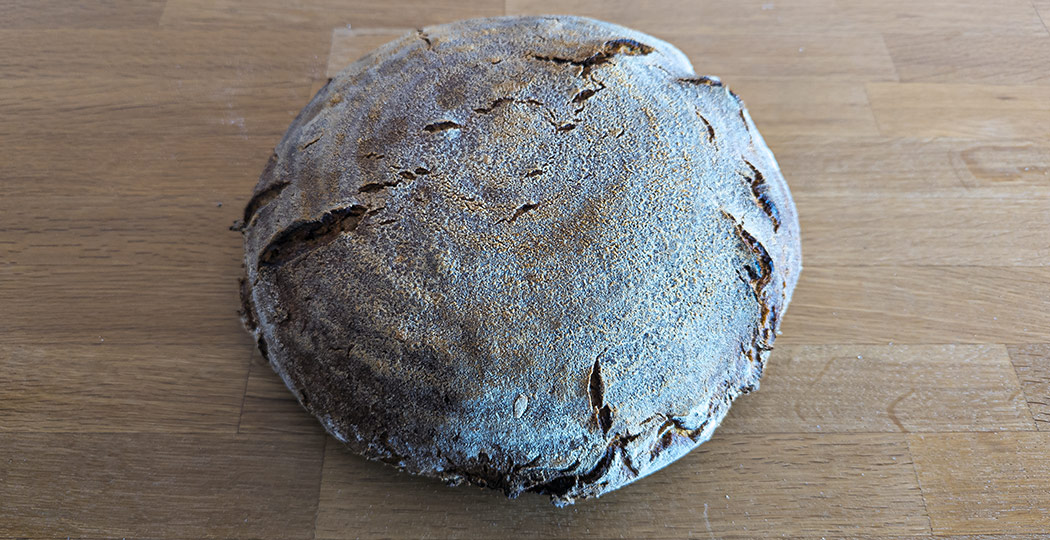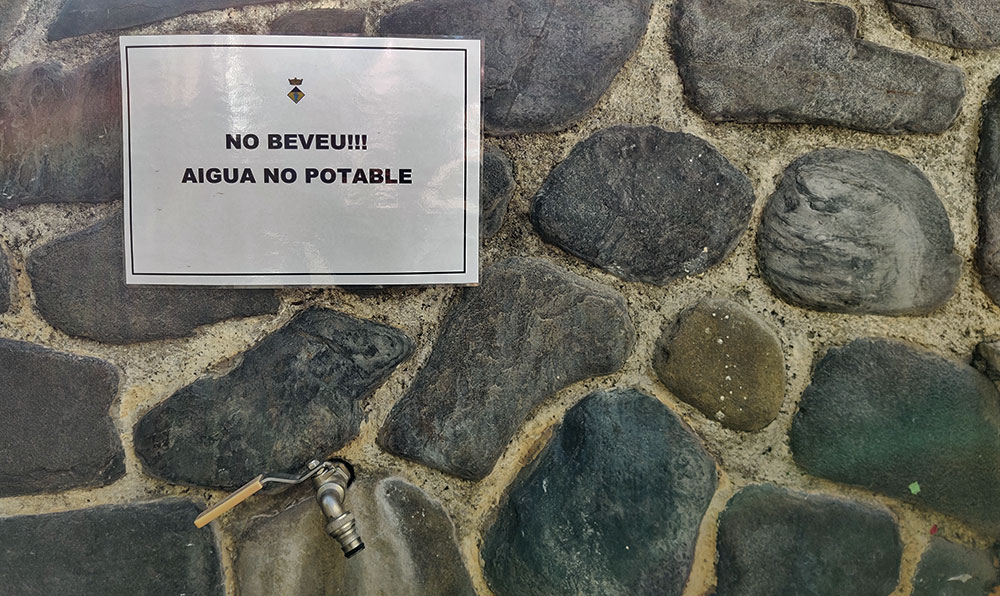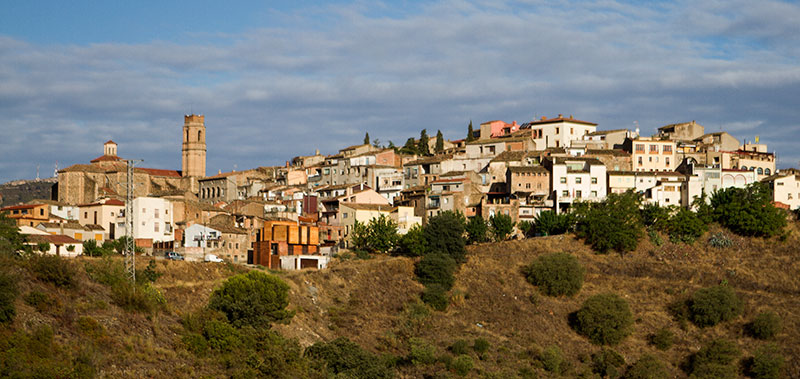Bread made from Rye flour is interesting as it basically makes itself. You just sort of mix it up, let it sit for a while, bake, and that’s it.
Ah, but you do need to source good flour.
Also, your starter/levain needs to be in top shape to get full fermentation.
And… it needs to be mentioned that you really need to monitor the ferment and bake temperatures, ideally control the oven humidity quite closely, and generally be mindful to arrive at a top loaf.
Oh yes, Rye bread isn’t necessarily a bread for everyone either.
But otherwise, it’s totally a wholesome bread that makes itself, with no intervention, as god intended.
In case you can’t draw the parallels with natural wine, let me expand a bit by saying that nothing which is good in this world, comes easy. You need to know what you’re doing and approach it with a deeper understanding to do anything well because the learning never really stops. Socrates was very much right when he said, “I know that I know nothing”.
If you think bread requires very little intervention and you just dump flour and water into a bucket to get the purest bread out there, enjoy your resulting loaves. I will pass on breaking them with you.
And of course the same goes for wine in that in addition to having good ingredients, great care needs to be taken in the making of the wine. And the less intervention one does, the more you need to understand. This is a very treacherous path to walk, with lava and flames on one side, and the comments section of any Twitter post on the other.
This again?
Out of every possible topic that exists about wine, there is none so polemic and heated as natural wine. It was the Brexit/Trump/Vaccine debate of its day when emerging in wine articles some two decades ago, although someone will probably spring up to tell me that even this is incorrect as that is what natural wine begets.
Why is it such a problem? Because there is no hard definition of ‘natural’ wine and, as I wrote a decade ago, I’m in favor of most all of the tenets of it. I mean, who doesn’t think that their grapes should be grown without chemicals, the yeasts used in vinification come from the grapes themselves, and that wines should in general, not be messed with? Sounds pretty reasonable and it applies to what I eat as much as I what I drink.
I know I’m not alone in wanting the good aspects of natural wine to exist in the bottles I choose to drink personally. Come on over and my personal cellar speaks loudly to this effect. All of my contemporaries have told me the same, as well as passionate winedrinkers who don’t give a damn about the debate, but would greatly prefer to not drink poison—ignoring that alcohol part of course.
But there arose an extreme element to the scene which pushes the envelope and quite honestly, doesn’t have adequate postage to do so.
The problem is the “natural wine fundamentalists” out there making and/or desiring the ‘zero/zero’ wines that have nothing added nor taken away. They desire to eschew certain normal elements to winemaking and, in the worst offenses, don’t add any sulfur dioxide to the finished wines leaving them open to many forms of spoilage and quite unstable to ship long distances. This is in turn sold off as being the Holy Grail of what wine ‘should’ be when historically, it never was as sulfites have always been in winemaking because they protect the wine, one of the only alcohols that needs to sit and age to get interesting. Like everything though, sulfites should not be used to excess or even the limits permitted by the EU.
This zealous approach is akin to getting a slice of meat (or fish or cheese or other protein), bringing it home and then simply leaving it outside the fridge for how ever many days until you get around to eating it. To me, this seems inane and it’s exactly the same issue with wine.
Good without the trash
So here’s the issue in that everyone who desires all the good parts of natural wine without the zealot parts has been trying, for a long time to come up with a name for the good kinds of natural wines. There’s been a lot of tiptoeing around and trying to say it softly so as not to offend the most vocal and vehement in the natural wine scene which is why I think nothing has really taken.
Here’s the thing folks, we’ve been doing it wrong all this time. Let’s call the awful natural wines for what they are and done with it. These wines, are Trash Natural.
Trash Natural are wines that are abrasive, unintentionally oxidized, unintentionally reduced to a cabbage-y state, smell like a diaper due to excessive brettanomyces, have off colors as they’re spoiling, have off flavors as they’re probably already spoiled, flirt with the vinegar side of the force, have an ungodly amount of sediment in them because they’ve not only not been filtered, but also not even settled. Or mousiness, that’s never a pleasant surprise when you sip the wine and get a taste. Maybe they’re also a little bit sweet when you drink them as fermentation never finished. Maybe they’re a bit apple-y as malolactic conversion never finished in a red wine. This list goes on…
These wines of Trash Natural offend on all these points and this is a simple label to apply to any wine where more thought was given to having it be an extreme style of “natural” than actually be a good wine made from good grapes. It’s a disservice to both the land that grew those grapes, the people that worked to cultivate them, and the winedrinkers being scammed into believing that it’s somehow “better” for them, when again, there is no such thing in an alcoholic beverage.
And of course the irony is that wines made as Trash Natural without sulfur dioxide (due to the mistaken line of thinking that sulfites are somehow bad) are often worse for many of us to drink than those with sulfites. Let that sink in for a bit.
Look around
The proof that Trash Natural is real and exists as an actual class of wine was shown no better than when I ate at a restaurant in Barcelona a few weeks ago. The food there is outstanding, being a bit Ottolenghi-ish in terms of its leanings. When I went to look at the wine list however, I saw that first of all, it was proudly labeled “Vinos Naturales” at the top. But this was not a list of the sustainable, well-made wines I was looking for. It was in fact a list completely comprised of the best hits of Trash Natural from around Spain. I did something that I rarely ever do as I love to drink wine, even after a long day of judging wines: I ordered a beer.
This isn’t a one off as I’ve had clients visit me for tastings in Priorat where I’m based and they went to one of the most well-known natural wine bars in Barcelona, but were completely turned off by everything they were served. Why? Because this is a bar that revels in the doldrums that are Trash Natural.
There’s a not terribly hard stretch of reasoning to make that some part of the drop in wine sales can be attributed to the rise of Trash Natural on a great many wine lists. After all, these are not the wines that consumers want to drink, but are in fact the wines that are being pushed upon people by a subset of sommeliers, convinced as to the religious goodness of the wines, that isn’t there.
You can scoff at Meiomi Pinot Noir and Jacob’s Creek Shiraz all you want, as most anyone reading this is like me and avoids drinking them. But these are the wines the vast majority of people are drinking and when they taste a Trash Natural option, they’re simply not going to like it, which is completely reasonable as it’s bad wine. If that’s the vast majority of what a wine list has to offer, then there’s a huge number of the winedrinking public that’s going to do like me and order a beer or a mixed drink or just not drink at all.
As time goes on, this becomes an ingrained behavior of passing on the wine as it’s not only unpleasant, but also expensive. Eventually we have what seemed unthinkable which is a cultural reversal in drinking wine.
This is where we’re at
It’s long-past time to stop having an insecurity complex that we can’t call these wines out for what they are. The Trash Natural producers and sommeliers pushing them have fully taken advantage of and abused what are otherwise good concepts which a very large portion of the wine world embraces.
If this means that there are those who will ironically identify with this “style” of wine then great, label them as such so they can be avoided by all but the “true believers”. This has been the advantage of all the “Parker Gave Me 50” t-shirts in Saumur at the beginning of February, which tells me to stay away from that crowd.
But here’s the rub in all of this, in that the annual Natural Mecca of La Dive Bouteille (in the first week of February in Saumur) is asking people to “garder vos cuvées un peu trop barrées à la maison” or please leave the really funky stuff at home. Thus, even within the hardcore it seems that Trash Natural is a wine that simply goes too far.
Trash Natural are wines that aren’t good for us. They arrive pre-spoiled and without the joy that is wine, not to mention they can cause adverse reactions in some people (see sulfites/bioamines above). They’re also not good for the planet as they’re using resources to make a product we can actually live without even when it’s at its best. People will keep making it for sure and if they manage to keep selling these wines, good for them, although sales have never meant that something is “better”.
But in no way should the inferred “betterness” of these wines mean that every restaurant and wine bar in the cities of the world, grasping at the fleeting threads of being cool need to include them in their wine list. If however they must persist, I only wish that instead of “Natural Wines”, they’re under a section of Trash Natural, as god most likely intended.


